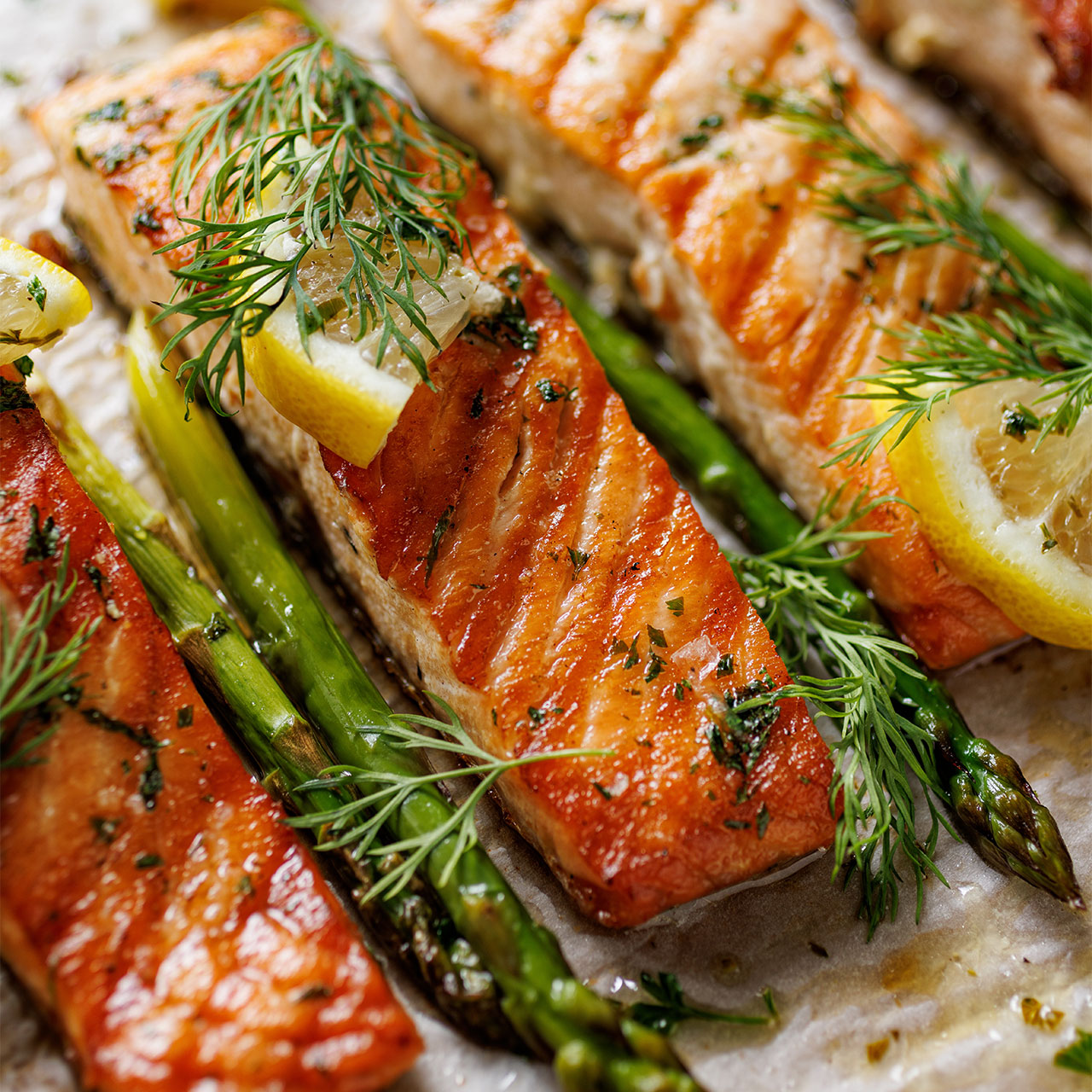Healthy weight loss is acquired over time, as you adapt to a well-balanced diet, drinking more water, exercising regularly and committing to a consistent sleep schedule. With that said, many experts recommend intermittent fasting, which means eating your 3 main meals and snacks in specific windows and fasting in others (like in the hours you sleep or right after you just ate). The concept might be a little confusing, which is why we checked in with health experts to learn more! Read on for tips and suggestions from registered dietitian Stephanie Hnatiuk, RD, CDE, PTS and health and nutrition expert Dr. Virginia Blackwell.


Tip #1— Plan To Eat Around When You're Most Active
The best way to choose your ideal Intermittent Fasting (IF) window, Hnaitiuk says, is to look at the time throughout the day that you're most active, or when "you have your workouts scheduled and ensure your eating window overlaps with this time frame." This, she notes, is because "we want to ensure adequate and proper fueling for our workouts or training sessions." If there is a big discrepancy between when we need the fuel and when we're consuming it, "we can wind up frustrated with our lack of results and poor performance," she adds.
One of the mistakes Hnaitiuk stresses that she often sees is "fasting all morning, but also exercising in the morning before work." This can lead to "low energy availability, increased risk of injury, and slower results (such as building muscle or losing body fat)," she explains. Individuals "falling into this trap" can also experience excessive hunger later in the day, "which can lead to overeating in the evenings." It can become a bit of a vicious cycle, Hnaitiuk acknowledges, and the solution "is really just proper fueling around our workout schedule." Ultimately, "we want to time our eating window around our activity, so we can get in the fuel we need to perform our best, and get the best results from our training," she advises.

#2— Eat Smaller Amounts, But More Nutrient-Rich Foods
In general, Blackwell says it's best to eat less portion-wise in your three meals, but imperative to incorporate more nutrient-rich foods to keep you satiated. "The healthiest way to help someone lose weight and maintain their weight loss involves eating a small amount of food daily, rather than eating large amounts all the time," she says. "This will be an effective way to lose weight since this practice will allow your body to burn stored fat instead of craving more carbs." Blackwell says it's vital to "create a healthy diet and avoid eating too much food rich in carbs." You should also avoid caffeine and alcohol."
Additionally, she notes that it is "also important to make sure you are getting enough exercise, as a good amount of exercise will help you lose weight, stay healthy, and maintain your energy levels." Finally, she concludes, "follow a healthy exercise routine starting with a light jog or walk and gradually working your way up."


























